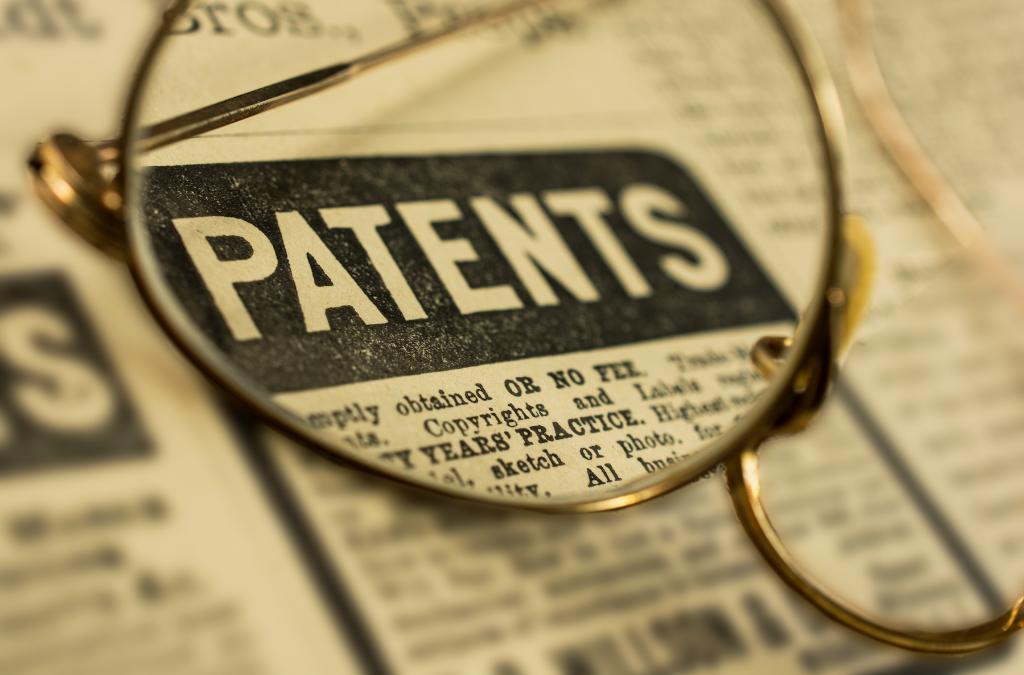Thomas Edison and the lightbulb. Alexander Graham Bell and the telephone. Johannes Gutenberg and the printing press. ChatGPT and the flying skateboard.
That last one may seem a bit absurd, but AI will become just as essential to the process of inventing as protractors and graph paper.
Using AI in R&D for Product Creation
Your business may not have any grand ambitions about inventing a hoverboard, but there may be plans to create innovative products that can gain you greater market share in your industry.
Many forms of technology, as you likely well know already, aids the inventing process to the point of being essential.
It is not long before AI platforms become a co-author on inventions.
Like many things in the adapt-or-go-bankrupt world of business, the use of AI in your research and development will likely become mandatory.
Why is this? It is for the age-old reason, that being: Because everybody else is doing it.
If AI is a great tool for improving inventions, and your competitors are using AI in their own research and development, then guess what? You will lag behind in product creation if you do not use AI yourself.
However, before you start enlisting ChatGPT to help you create the Next Big Thing, you will want to get a good overview of the status of AI’s use in inventions.
What Is the Current Status of AI Patents in the U.S.A.?
The United States Patent Office (USPTO) is currently working on figuring out just what, legal-status-wise, role A.I. should be assigned in the process of invention.
Is it more like a gadget, like a calculator, or something more akin to a co-author?
Under the former view, the human inventor is Dr. Frankenstein, then the AI assistant will be Igor, doing the grunt work in service of a larger vision.
In this case, the patenting process is much easier: The human had the creative vision and followed it, doing the necessary work of bringing the AI to work while bringing the invention to life.
Will Your Business Be Able to Secure Patents for Products That Received AI Assistance by AI in R&D?
Once AI reaches a level of sophistication, it is likely able to solve difficult creative problems in product development with the quickness and ease of spitting out text in ChatGPT. All you will need to do is ask the AI to help make your product better, faster, and/or stronger.
Then, granting a patent becomes much murkier territory, because patents are typically only granted to human inventors—that is, an inventor has to be a human, as per this New York Times report featuring interviews with experts on patent law.
What is incredibly challenging about this question is that, in practice, the answer to the gadget-or-co-author question, is “it depends on the situation; and sometimes it may be both/and”.
This, of course, opens up a larger Pandora’s Box about how you can document and “prove” whether it was the human who did the heavy lifting of the invention, or it was AI that took on the big stuff while the humans, figuratively (though let’s not discount the possibility of literally, in certain cases) sat down on a lawn chair in the laboratory and sipped lemonade while AI produced the design of that Next Big Thing.
Would a Struggle to Secure AI Patents Challenge Your Industry?
In a word, yes. And that applies to any industry you are in, whether it is healthcare or manufacturing.
If AI-assisted inventions do not qualify for patents, then the industry will have to deal with a situation where companies keep AI innovations top-secret.
If your own business manages to create a killer product, then being able to keep those secrets to yourself can certainly help you dominate the market.
However, you can see the problems here if you consider the possibility that your competitors may make a killer product with AI, especially in R&D.
Not gaining any insight into the process of how AI creates the product can stifle industry growth and significantly increase the difficulty of competing against companies with the resources to employ much more sophisticated AI in research and development (R&D). This situation may lead to a monopoly.
Overall, listing AI as a co-author, rather than a sole author, presents the strongest possibility for obtaining AI-assisted patents. Whether AI alone will receive inventor status is yet to be seen. In which case, IBM Watson will likely be as famous a name for an invention as Thomas Edison.
GO AI Articles
Guardian Owl Digital is dedicated to helping businesses everywhere learn about and implement A.I.
For continuing your AI education and keeping up with the latest in the world of AI, check out our AI blog:
New Year, New AI: Here Are the Biggest Trends in AI Coming in 2023
How AI Could Have Helped Southwest Avoid Its Holiday Disaster
IBM Watson vs. Microsoft’s ChatGPT: The AI Chat Matchup of the Century
AI on the Stand: Explaining the Lawsuit Against the Microsoft Automated Coder
AI and You: What Determines Your AI Recommendations in 2023?
How AI Could Have Foreseen the Crypto Crash—(It Already Analyzes Exchange Markets)
Google’s Response to ChatGPT: What the Tech Giant Is Doing to Improve Its Own AI Efforts


Recent Comments